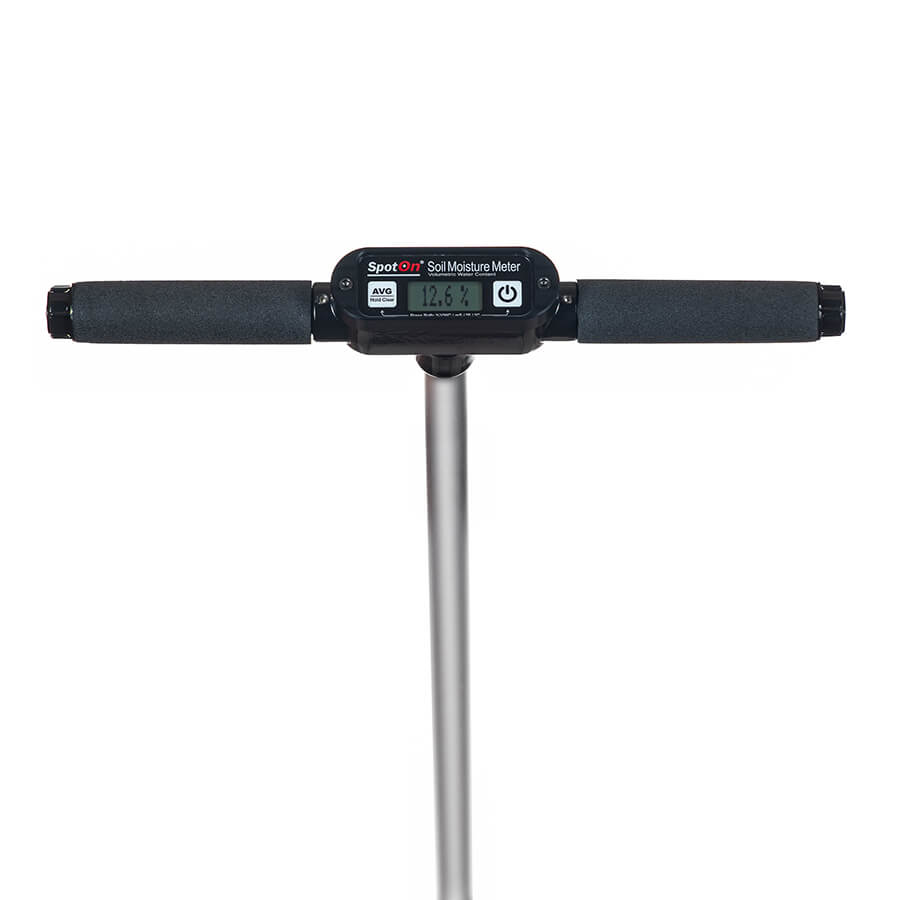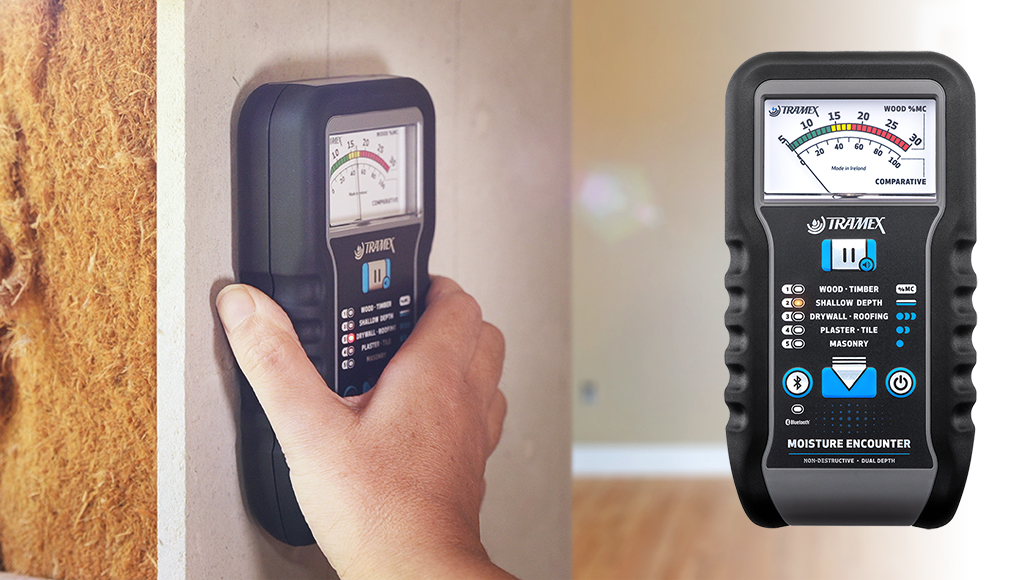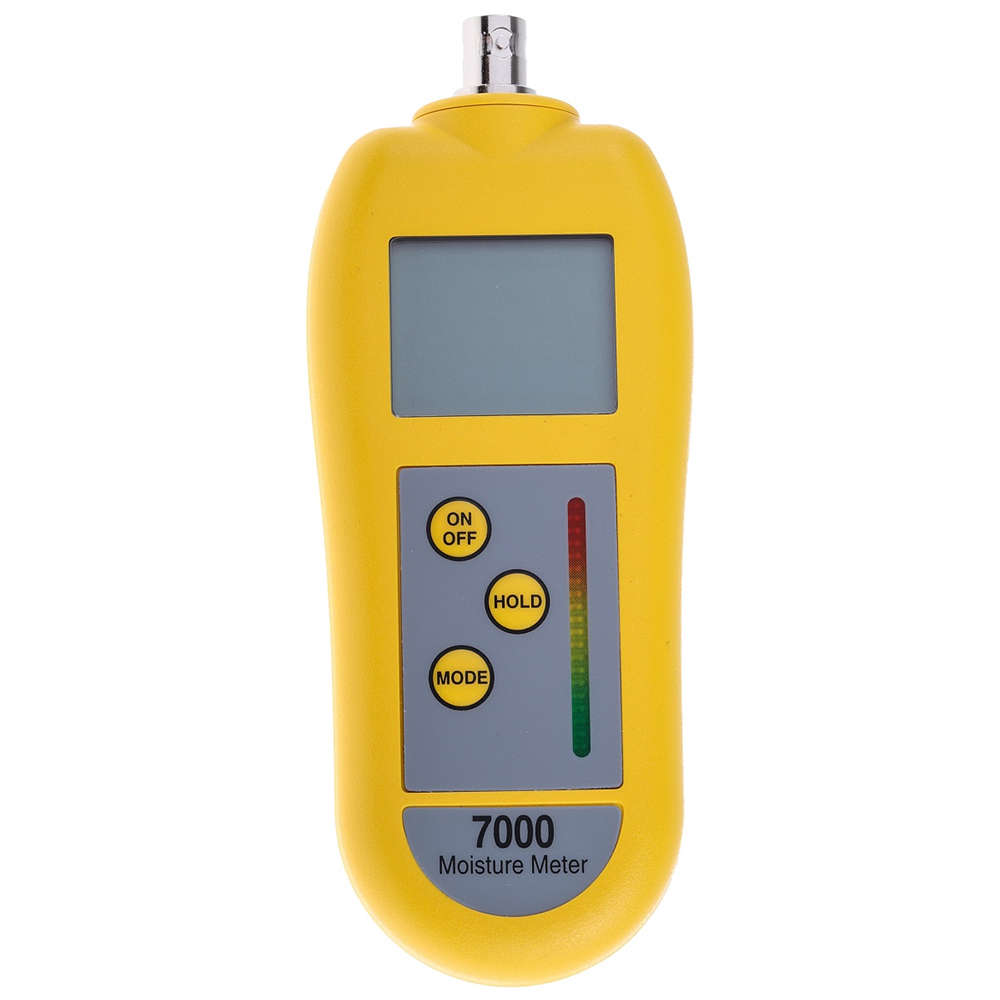How to Make Use Of a Moisture Meter to Discover Covert Water Damage in Your Property
The Ultimate Overview to Moisture Meters: A Comprehensive Overview and Just How They Can Conserve You Cash
In the world of structure maintenance, building and construction, and numerous sectors, the importance of precisely measuring wetness levels can not be overstated. Moisture meters act as indispensable devices in identifying and keeping track of moisture content in products, aiding in protecting against pricey problems and ensuring the quality of items. Recognizing the nuances of various sorts of moisture meters, their applications, and the possible cost-saving advantages they supply can be a game-changer for services and experts alike. Discovering exactly how these devices can not only streamline processes however also add to monetary cost savings is a journey worth beginning on.
Kinds Of Moisture Meters
One typical type is the pin-type dampness meter, which measures the electric resistance between two pins put right into a product. Pinless dampness meters, on the other hand, usage electro-magnetic sensor plates to scan a larger area without causing damages to the material's surface area.
Additionally, there are likewise specialty moisture meters created for particular materials like hay, grain, or dirt. These meters offer precise wetness analyses customized to the unique homes of the product being tested. Infrared dampness meters measure the thermal homes of a product to identify its dampness material non-invasively, making them helpful for applications where pin or pinless meters might not be suitable. Understanding the different kinds of dampness meters readily available can aid markets choose the most suitable device for their particular moisture dimension requirements.

Benefits of Making Use Of Moisture Meters

Furthermore, using wetness meters can lead to enhanced energy performance. In farming settings, wetness meters play an important role in enhancing plant yields by allowing farmers to keep track of soil wetness degrees and make notified watering choices.
Just How to Select the Right Moisture Meter
Picking the suitable dampness meter entails taking into consideration key factors such as product compatibility, measurement array, and calibration precision. When selecting a wetness meter, it's necessary to make sure that the meter is appropriate for the particular product you will certainly be testing. Different materials have differing electrical residential or commercial properties that can impact wetness analyses, so selecting a meter developed for your material is crucial for precise results. Additionally, consider the dimension array of the dampness meter. Ensure that the meter can detect dampness levels within the variety needed for your applications. Calibration precision is one more crucial variable to bear in mind (Moisture Meter). Opt for a wetness meter with dependable calibration to make certain regular and accurate readings. Some meters might need periodic calibration changes, so comprehending the calibration procedure is very important. By very carefully assessing these aspects, you can pick a dampness meter that fulfills your needs and provides accurate wetness dimensions for your tasks.
Appropriate Methods for Moisture Meter Usage
To ensure exact dampness readings and take full advantage of the effectiveness of a wetness meter, employing correct techniques is important. When making use of a pin-type dampness meter, place the pins or probes into the material being get more checked up until they make full get in touch with. By complying with these proper strategies, users can rely on their wetness meter to provide trustworthy wetness levels, assisting in protecting against pricey damage or guaranteeing high quality in different applications.

Expense Financial Savings Through Moisture Meter Applications
Just how can the calculated application of dampness meters bring about substantial cost financial savings across various industries? Moisture meters play a crucial duty in cost financial savings by stopping potential damages and making certain high quality control in different fields. In the farming industry, wetness meters aid in establishing the optimal time for gathering crops, preventing over-drying or excess dampness that can impact the last product's high quality. This specific tracking aids farmers stay clear of unneeded losses and maximize their return.

Moreover, in the food handling industry, moisture meters are vital for checking item quality and ensuring compliance with safety laws. By precisely measuring wetness material in food items, manufacturers can protect against wasting, keep quality, and decrease waste, leading to considerable price financial savings. In general, the tactical application of wetness meters is an important investment that can result in significant expense decreases and improved performance across numerous sectors.
Final Thought
In conclusion, wetness meters are useful tools for gauging and discovering moisture levels in numerous products. By making use of the ideal wetness meter and complying with correct strategies, individuals can effectively protect against expensive problems caused by excess moisture.
Moisture meters serve as essential devices in finding and keeping track of moisture content in materials, aiding in avoiding pricey damages and ensuring the quality of items. Infrared wetness meters gauge the thermal buildings of a material to determine its wetness material non-invasively, making them beneficial for applications where pin or pinless meters may not be ideal.Wetness meters offer important benefits in properly evaluating and keeping track of wetness degrees in varied products and settings. In agricultural settings, wetness meters play an important duty in maximizing plant yields by enabling farmers to monitor dirt dampness degrees and make informed irrigation choices.In verdict, dampness meters are useful devices for measuring and discovering dampness degrees in different products.